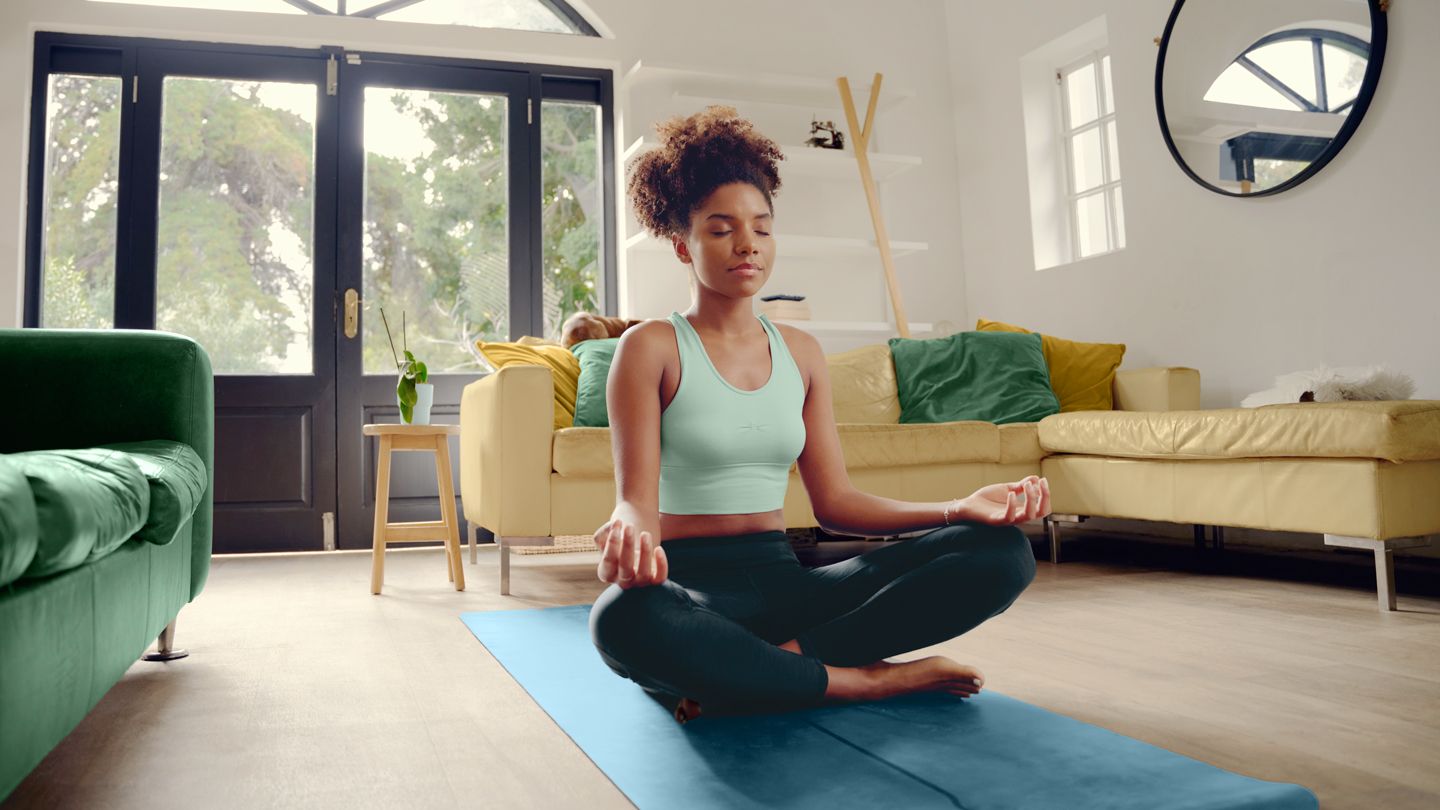Implementing these practical strategies can help support your mental health and improve your overall quality of life.
Become Your Own Best Advocate
Whether you’re in a medical or social setting, it’s crucial to advocate for yourself, says Charara. Self-advocacy efforts can involve:
- Educating yourself about the condition
- Prioritizing your physical and mental well-being
- Finding a doctor you’re comfortable partnering with
- Getting involved in the PI community
- Informing loved ones about the condition and your needs
If speaking up makes you uncomfortable, start by asking for what you need in small ways. Advocating for yourself takes practice, but it’s worth the effort.
Establish a Daily Routine
“Having some structure to your life can help balance out the lack of predictability from the disease itself,” says Charara. You can create a daily routine based on what works for you, starting with a regular sleep-wake schedule, physical activity, and healthy meals at regular times. “Just leave some room for flexibility in case an infection or medical emergency comes up,” he adds.
Practice Mindfulness
“Primary immunodeficiency is a very distressing, anxiety-provoking condition. So incorporating mindfulness practices — things you can do whether you’re at home, at the clinic, or in a hospital isolation room — can be incredibly beneficial,” says Charara.
Control What You Can — and Accept What You Can’t
When you live with a chronic condition, a lot is out of your control. That’s why it may feel good to take the reins of parts of your life that are in your hands. For example, while you can’t change how others respond to the condition, you can control who you choose to have around you.
You can also exercise control over your habits and coping strategies, so make an effort to establish daily rituals and stress-reducing activities that you enjoy — and that empower you. (Meditation is a good place to start.)
Explore Creative Pursuits
Research has found that exploring your inner creativity can help boost mental health and well-being. “Creative exercises can be very helpful in the setting of chronic illness,” says Charara. “When you go through ups and downs, putting it out there in artwork or in a book or in a song — whatever creativity looks like for you — can be a very healing process.”
Stay Socially Connected
Charara also recommends joining a support group to connect with others who “get it” to feel less isolated. You can join an online support group from the comfort of your own home.
Lean on Local and National Resources
Read the full article here




